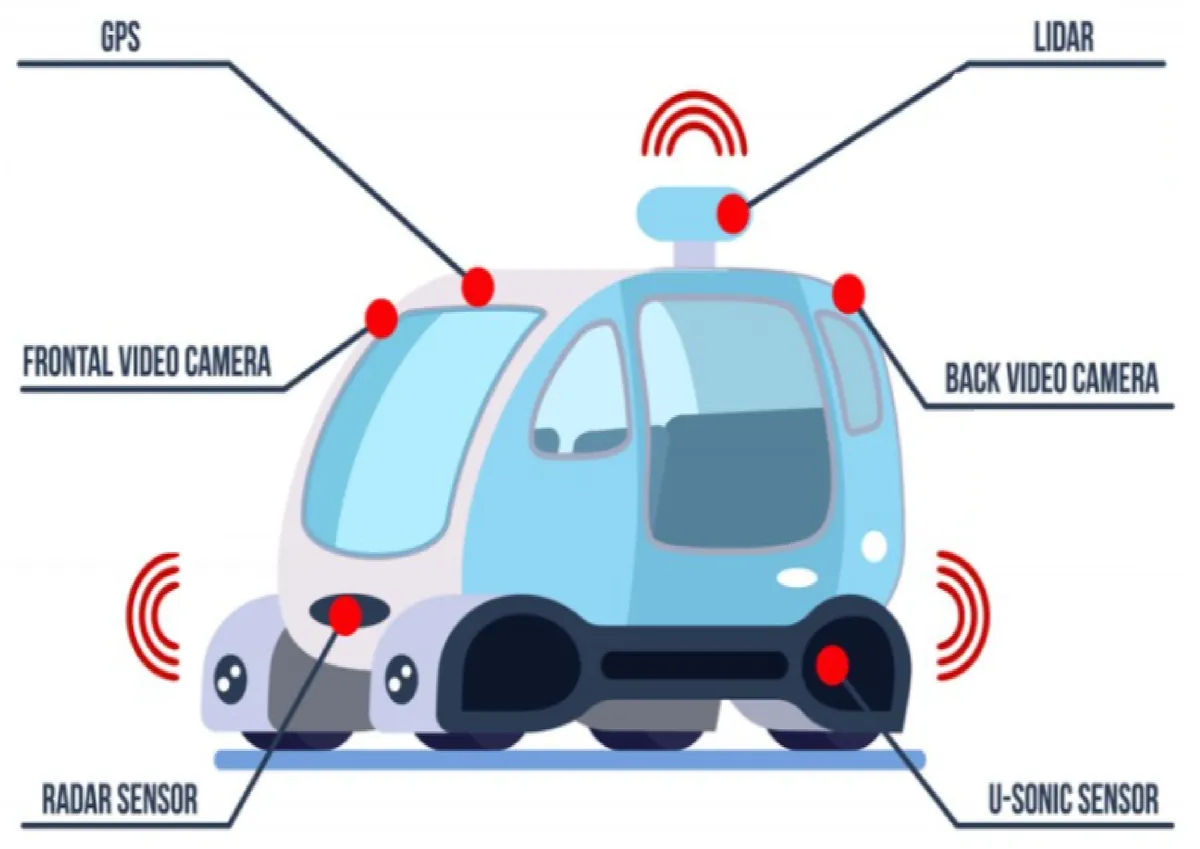U.S. Proposes Ban on Chinese Tech in Cars, Sparking Security vs. Innovation Debate
A new U.S. draft regulation aims to ban Chinese and Russian connectivity tech in cars, citing national security concerns. The move could impact EV imports and raise questions about balancing security with innovation and climate goals.

The U.S. government has proposed a new regulation that would prohibit the use of Chinese and Russian connectivity and automation technology in vehicles sold within the country. This move, aimed at addressing national security concerns, could have far-reaching implications for the automotive industry and U.S.-China relations.
Jake Sullivan, U.S. National Security Advisor, emphasized the need to mitigate cybersecurity risks posed by foreign-sourced components in connected vehicles. The proposed rule would effectively bar Chinese electric vehicles (EVs) from entering the U.S. market, as modern cars universally incorporate these systems.
The draft regulation focuses on two key areas: equipment connecting cars to external networks (such as Bluetooth and Wi-Fi) and automated driving systems. These technologies, which have evolved significantly since their inception, now form an integral part of modern vehicles.

The potential threats outlined in the draft rule are substantial. Compromised technologies could transform ordinary vehicles into mobile surveillance devices, collecting sensitive data on drivers and infrastructure. The rule references recent cybercampaigns attributed to China, such as Volt Typhoon, which targeted critical U.S. infrastructure.
While the regulation aims to protect national security, it raises concerns about its impact on climate goals and innovation. The U.S. auto industry, largely shielded from Chinese competition, has seen some companies slow their transition to EVs. This contrasts with the approach taken by other nations, such as the European Union, which plans more modest tariffs on Chinese EVs while encouraging local production.
Michael Davidson, an assistant professor at the University of California, San Diego, noted that the rule would effectively ban Chinese EV imports and even Chinese EVs manufactured in the U.S. by American firms and workers. This highlights the complex balance between national security and economic interests.
The proposed regulation is part of a broader U.S. strategy to limit Chinese technological influence, which began under the Trump administration and has continued under President Biden. It follows earlier restrictions on Huawei equipment and the potential ban of TikTok.
"Connected vehicles are smartphones on wheels."
This analogy underscores the vast amount of data modern vehicles can collect, including location information and communication records.
As the U.S. government expands its focus on potential technological vulnerabilities, questions arise about the long-term implications of these restrictions. Geoffrey Gertz, a senior fellow at the Center for a New American Security, raised concerns about the expanding scope of national security-based restrictions and their impact on U.S.-China relations.
The draft rule is currently in its final 30-day comment period before being finalized. As the debate continues, policymakers must grapple with the challenge of safeguarding national security while fostering innovation and addressing climate change in an increasingly interconnected global economy.


































